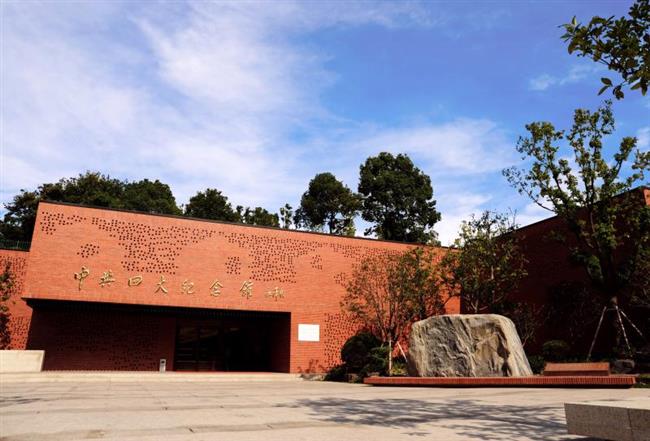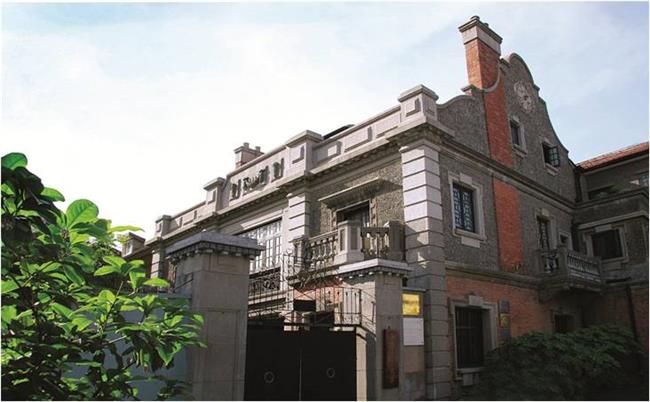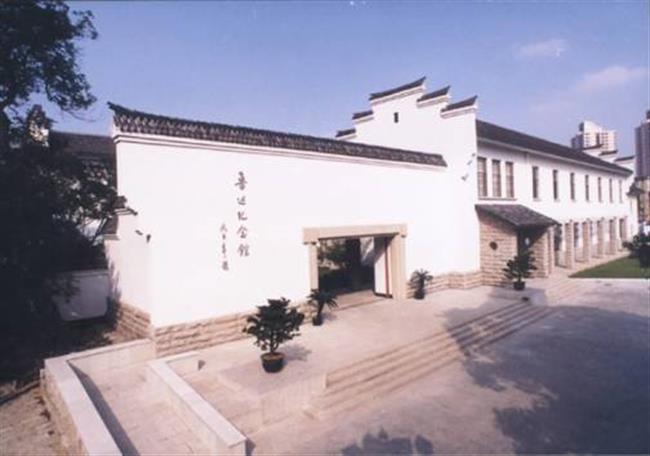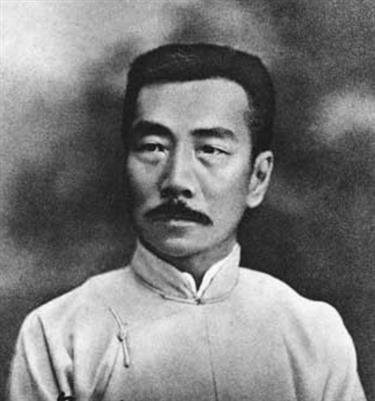New zone in Hongkou to showcase Communist Party's history

A zone to showcase the history of the Communist Party of China has 57 historic sites, including the Memorial Site of the 4th National Congress of the CPC, above.
Hongkou District plans to develop a zone to showcase the revolutionary and cultural history of the Communist Party of China (CPC).
The area, which will cover 2 square kilometers near Sichuan Road N., has 57 historic sites. They include the Memorial Site of the 4th National Congress of the CPC, the League of Leftist Writers Museum, and former homes of renowned writers and intellectuals from early last century.
The zone — between Wujin Road in the south and Luxun Park in the north — has the most historic sites, mainly from the 1930s and 1940s, among downtown areas, according to the district government.

The League of Leftist Writers Museum
A protective development project, for instance, will be launched on the museum of the League of Leftist Writers, an organization that spread the literary theory of Marxism, advocating revolutionary literature of the proletariat and cultivating progressive writers. Lu Xun (1881-1936) was its standard-bearer.
The old league building is hidden on what used to be Darroch Road, known as Duolun Road now, which during the 1920s and 1930s was a community of famous writers and artists such as Lu Xun, Ding Ling and Mao Dun — many of them joined the league.
Many new exhibitions and tourism events will be developed to memorize Lu Xun, also known as his real name Zhou Shuren, one of the most famous writers in 20th century China.
Known as the "father of modern Chinese literature" for helping to develop modern Chinese prose, Lu Xun devoted himself to writing satirical essays. He moved to Shanghai in 1927 and lived in the city until his death.

The memorial museum of Lu Xun, known as the "father of modern Chinese literature"
Lu Xun's tomb is at the north end of the Luxun Park, while his former residence is a few blocks away.
These historic sites will gradually open to public with various exhibitions and education activities, the district government said.

A portrait of Lu Xun (1881-1936), also known as his real name Zhou Shuren, one of the most famous writers in 20th century China.















